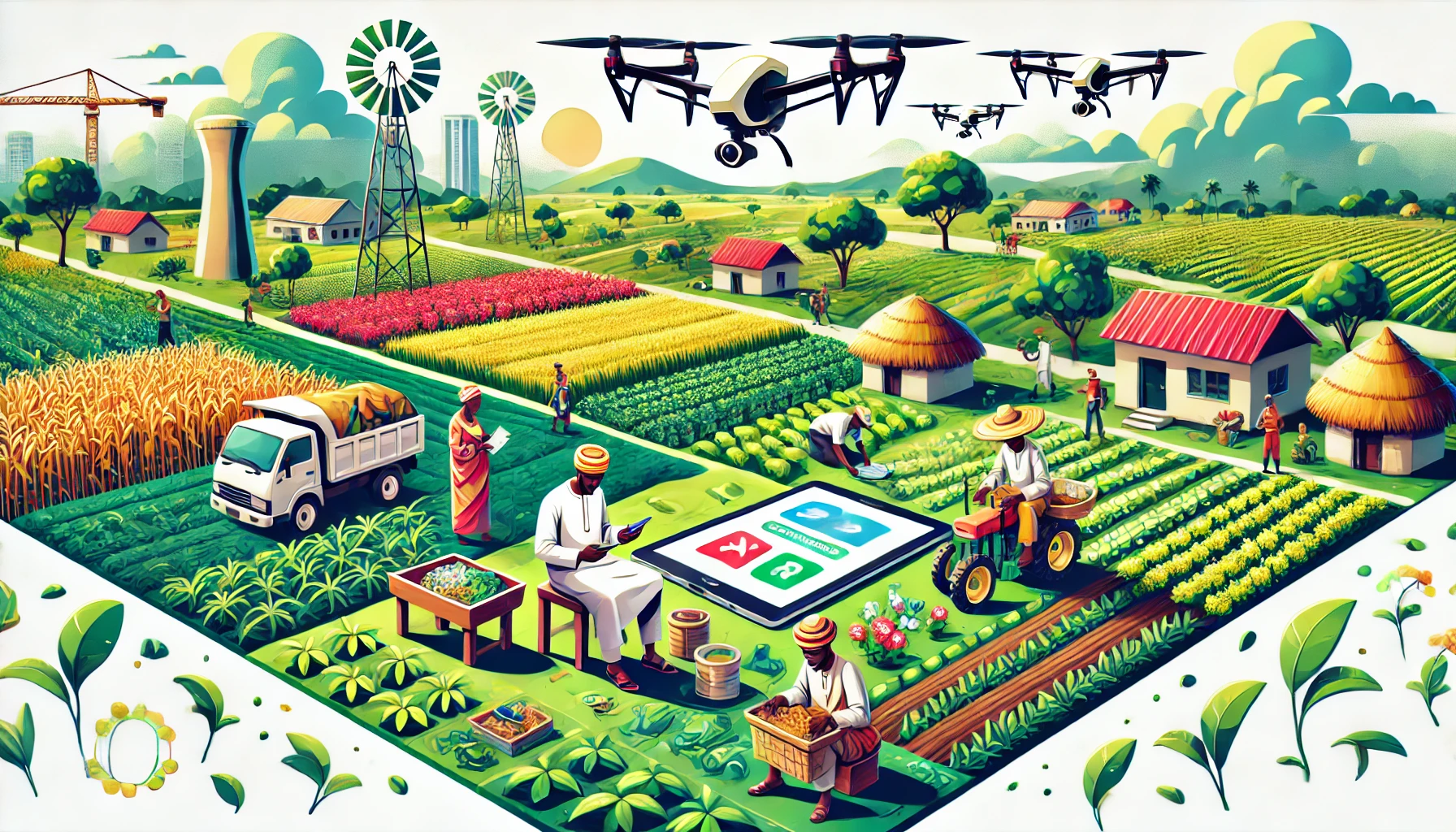The World Bank Group has unveiled a bold new strategy to reshape agribusiness, committing to double its annual investments to $9 billion by 2030. This strategic pivot aims to create a comprehensive ecosystem for the industry, tackling key challenges such as climate change, digitalization, finance innovation, and fragmentation in the sector.
The new approach seeks to address the rising global demand for food, which is expected to increase by 60 percent in the coming decades, while simultaneously responding to the critical need for job creation in emerging markets.
“We stand at a crossroads, and the path we choose today will determine the future,” said World Bank Group President Ajay Banga. “The World Bank’s ecosystem approach moves us beyond fragmented efforts to a constellation of solutions that includes everything from warehousing to logistics to production, with smallholder farmers and producer organizations at the center.”
An Integrated Ecosystem for Agribusiness
The World Bank Group’s new strategy builds on 16 months of work aimed at making the institution more coordinated and efficient. The integrated approach combines the strengths of the International Bank for Reconstruction and Development (IBRD), the International Development Association (IDA), the International Finance Corporation (IFC), and the Multilateral Investment Guarantee Agency (MIGA). Together, these entities will offer comprehensive, tailored solutions that support public and private sector needs alike.
This ecosystem approach aims to mobilize $5 billion in financing for agribusiness by 2030, facilitating stronger partnerships between governments, businesses, and smallholder farmers. Key Features of the World Bank’s Ecosystem Approach:
Public Sector Capacity and Standards: The World Bank’s public sector arms (IBRD and IDA) will work with governments to create enabling environments. This includes developing regulations and standards to ensure agricultural products meet export market requirements, advising on land tenure, and building national irrigation networks. Additionally, governments will receive support to repurpose some of the $1.25 trillion in fossil fuel, agriculture, and fishery subsidies toward climate-friendly agricultural practices.
Private Sector Financing and Risk Mitigation: The private sector-focused arms (IFC and MIGA) will enhance access to funding, offering debt, equity, and guarantees to overcome challenges such as capital access and risk. A simplified World Bank Group Guarantee Platform will deliver customized solutions to partners, streamlining processes to accelerate project implementation and scalability.
Smallholder Farmers and Supply Chain Integration: The initiative emphasizes connecting smallholder farmers with global supply chains. By improving farmers’ productivity and resilience to climate change, IBRD will help smallholder and producer organizations meet the high standards and volumes required by larger corporations. IFC will later provide financing for equipment and connect these cooperatives to companies looking for reliable suppliers.
This holistic approach is designed to significantly improve agricultural productivity, boost incomes, and generate jobs, especially in emerging markets. The World Bank Group also highlights the broader benefits of climate-smart production practices, which will help reduce emissions and contribute to cleaner air and water. Ultimately, these efforts aim to improve food security and nutrition while raising the overall quality of life for millions of people around the world.
The World Bank’s strategic pivot reflects its recognition of the urgent need to modernize and scale agribusiness solutions as the global population grows, and climate pressures intensify. By integrating public and private sector efforts, and ensuring smallholder farmers play a central role, the Bank aims to foster a more resilient and inclusive global food system.











